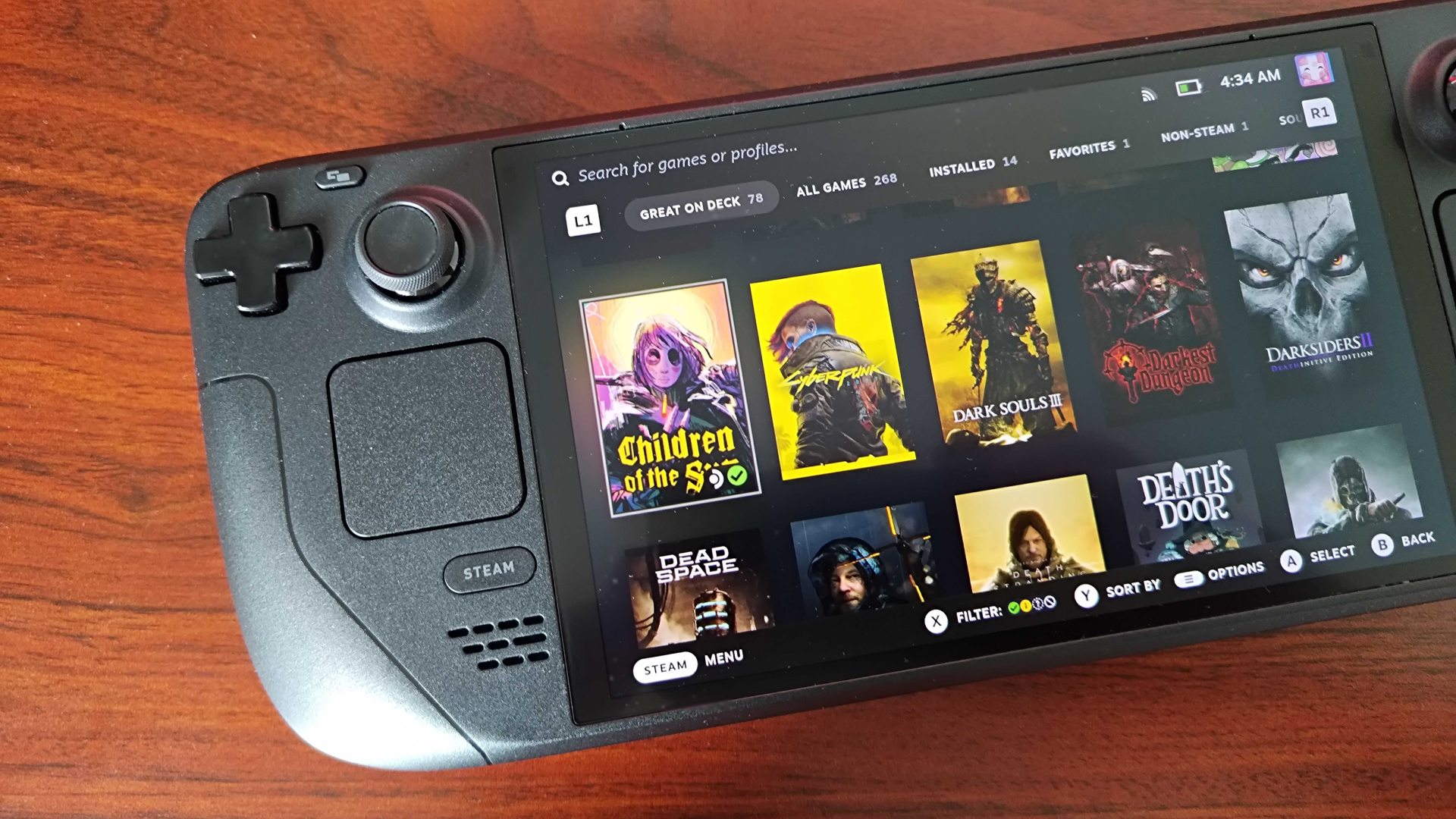
The gaming handheld scene has exploded since the dawn of the Steam Deck, so I’d forgive you for thinking I’m bananas for wanting more rivals. The thing is, there are a couple of brands out there who I feel could create unique contenders, contributing their hardware expertise to the world of portable play. Yes, I know we’ve already had to endure a few duds already, but I’ve got a craving for devices from a few companies specifically.
I’ve been testing the best gaming handheld candidates for years, and if you told seven-year-old me that the Steam Deck OLED would be a thing in 2024, I would probably laugh in your face and continue playing Sonic Triple Trouble on my Game Gear. For real, though, the fact we can now play fully-fledged PC games and emulate almost every console from the past thirty years is absurd, but I almost want brands to come up with something wilder.
Implementation is key, and while I get what the likes of the Lenovo Legion Go were going for with its detachable controllers and massive screen, it felt a bit too much like an experiment. What I really want to see is manufacturers using their traits and expertise to inject something truly unique into a portable machine, and these are the five brands I want to see make a handheld next.
1. Alienware
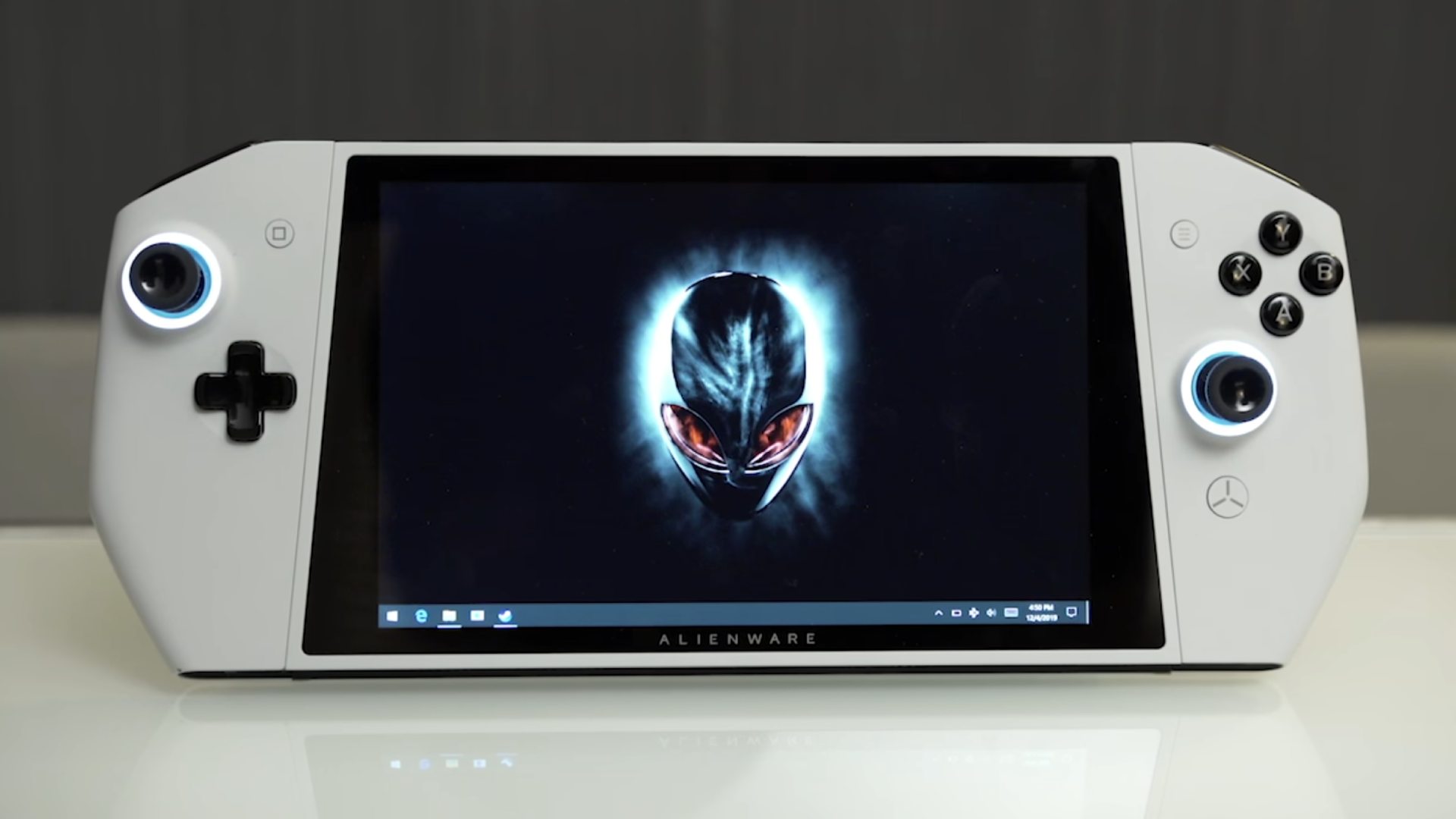
Dell’s gaming brand is known for making absurd machines, and that’s exactly why I want to see the best Alienware gaming PCs transformed into something portable. Annoyingly, the company toyed with the idea of releasing a gaming handheld well before the Steam Deck was a thing, and I honestly just want things to pick up where they left off.
In case you have no idea what I’m talking about, Dell previously teased a handheld concept dubbed the Alienware UFO. The portable PC essentially looks like a far-sleeker Lenovo Legion Go, complete with removable gamepads and Windows support. Knowing what we know now, that sounds like a winner, right? Well, the project was eventually canceled supposedly due to the device costing $1,999 (ouch).
So, here’s my proposal – Dell should revive the Alienware UFO project, use lessons from the Legion Go and the Asus ROG Ally, and create something that matches those devices in price. I’ve even be up for a portable PC that packs more of a punch if it sticks with the same MSRP as something like the Ayaneo 2S, but since pricing is clearly a sensitive issue, I’d stick with the former plan. Even if you stick an AMD Ryzen Z1 Extreme in something with the same vibe as the Aurora R15, I’m pretty sure younger players and those of you who just like flamboyant tech will be all over it.
2. Acer
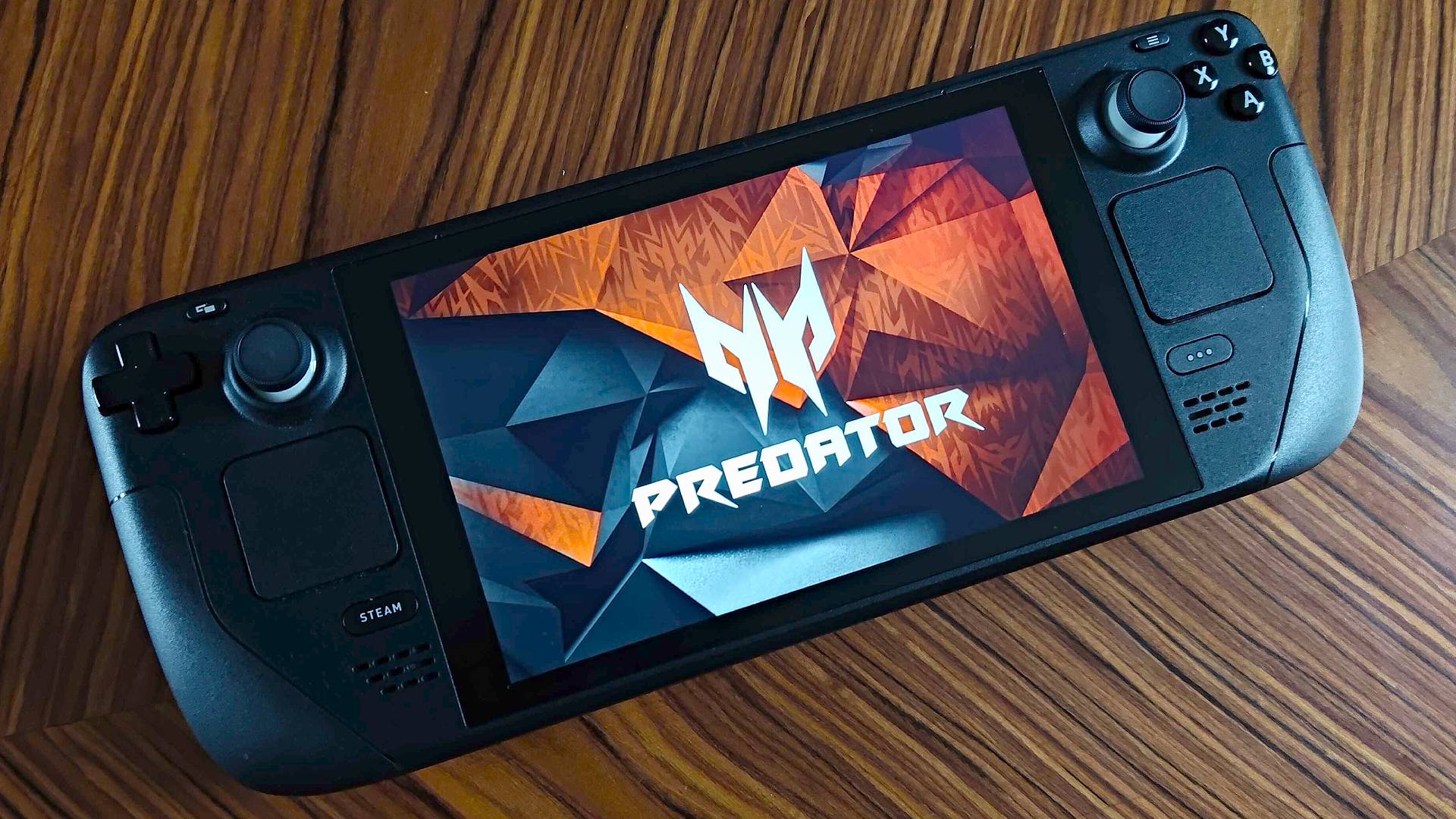
Despite my constant moaning in reviews, we still don’t have a company rising to the Steam Deck challenge in terms of price. Ideally, I’m looking for a handheld that can either solidly match or outpace Valve’s custom chip while still offering up features like touchpads and haptics. If I were to pick any company out there right now that could make it happen, I suspect it would be Acer, as the brand is somewhat of a cheap gaming tech champion.
Funnily enough, Acer is apparently “watching” the handheld space, with UK regional director Craig Booth claiming making a Steam Deck rival would be “relatively straightforward.” In a way, I’m glad the company is sitting on the bleachers right now, as I’d rather it strikes a perfect balance between price and specs rather than rushing in with a cheap portable PC that can’t keep up with current offerings.
What would my ideal Acer handheld look like? Effectively, I want something that puts money into the things that matter. I’d be quite willing to use an 800p 60Hz display if it means getting great quality controls and extra effort placed into ergonomics, which might mean investment into an efficient cooling system. I’d also be pretty content with a 7-inch device, as I feel like avoiding Legion Go proportions will help it not feel like a handheld by laptop makers.
3. Nvidia
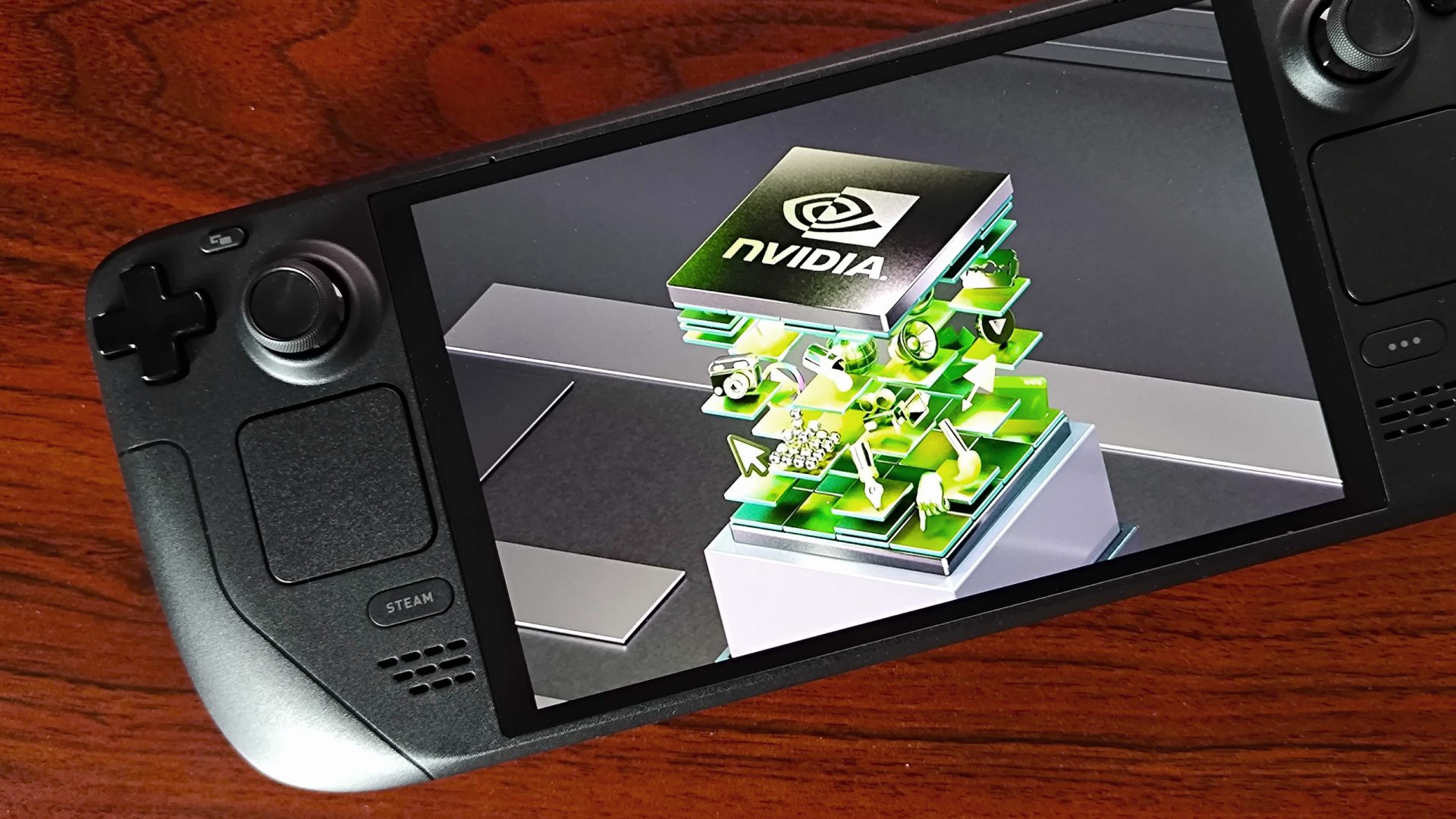
I feel like I’ve waited long enough for a handheld PC to use a GeForce chip. So, you can forgive me for throwing the dummy out the pram and demanding an in-house device from Nvidia. The fact that the company’s frame-boosting DLSS and Frame Generation tech isn’t a thing on portables yet is a travesty, but I have a sneaking suspicion as to why the green team is holding back.
It’s no secret that the Nintendo Switch 2 is coming, and rumors relating to some sort of DLSS support via an Nvidia chip have been making the rounds. I’m deliberately not getting my hopes up for something like magical AI Frame Generation abilities, as it’s far more likely that the next Switch will use a lower-key SoC. That’s exactly why I want to see Nvidia properly showcase its tech within a handheld, and I don’t mean another Shield device.
As for what an Nvidia handheld would look like, I’m envisioning something a bit different from the Steam Deck status quo. I’d actually be down to clown with some sort of clamshell device, perhaps drawing inspiration from the Nintendo DS just like the Ayaneo Flip DS. That second screen could be invaluable when it comes to tweaking those desired DLSS settings on the fly to suit your specific graphical needs, providing the GPU giant can cook up a nice middleman to deal with Windows 11.
4. Samsung
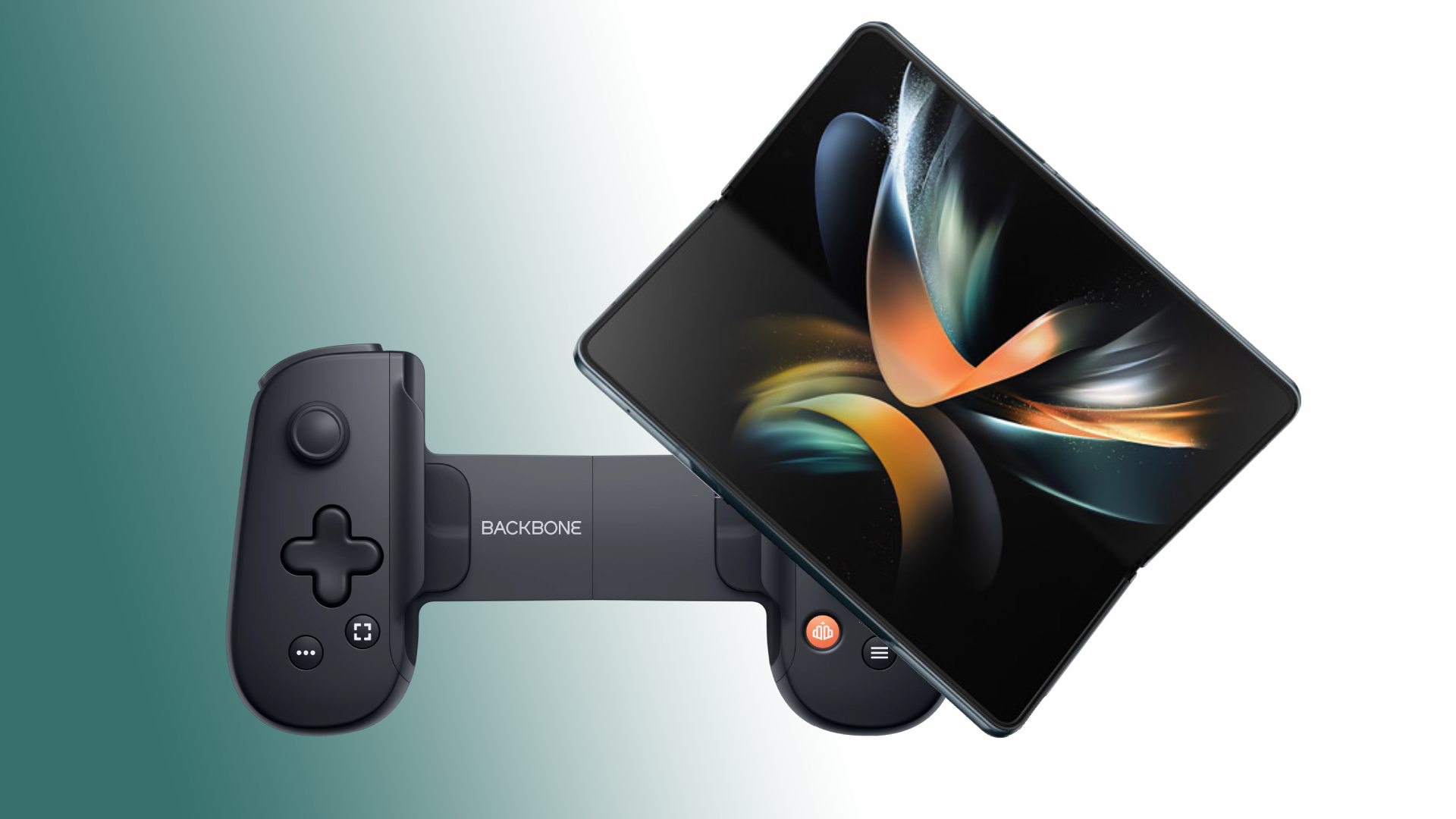
Now, hear me out, as I get that Samsung already makes gaming phones, but I think all that expertise could make for one hell of a handheld. Rather than opting for the easy approach and making something like the Razer Edge and Logitech G Cloud, I want to see the renowned screen maker step outside of its comfort zone and cook up something slightly different.
I don’t want to go too wild with ideas here, especially since the idea here is to propose viable handhelds. That said, I am immediately conjuring up prototypes in my head that borrow design queues from the likes of the Samsung Odyssey OLED G6 while embracing the foldy screen tech associated with its smartphone range. Imagine whipping out a device from a small pocket that folds into something the size of a Steam Deck? That’d certainly catch my attention on a busy train.
I am fully aware that what I’m practically proposing is a larger Samsung Galaxy Z Flip with a Backbone One mobile controller attached, meaning my idea is perhaps slightly redundant. But when you consider the fact that the flagship foldable costs $1,000, the idea of a more affordable option specifically for gaming becomes an appealing prospect.
As someone who’s not the biggest fan of cloud streaming, I’m also painfully aware that a device in this format would be inevitably restricted to Android shenanigans. The dreamer in me would suggest that by the time this device would be a thing, we could potentially see official advancements in the realm of PC emulation. I don’t think that’s preposterous considering Qualcomm previously expressed a desire to bridge the gap between PC and Mobile using something called “Android+”, but only time will tell whether that could help this theoretical handheld compete with handheld PCs.
5. Xbox
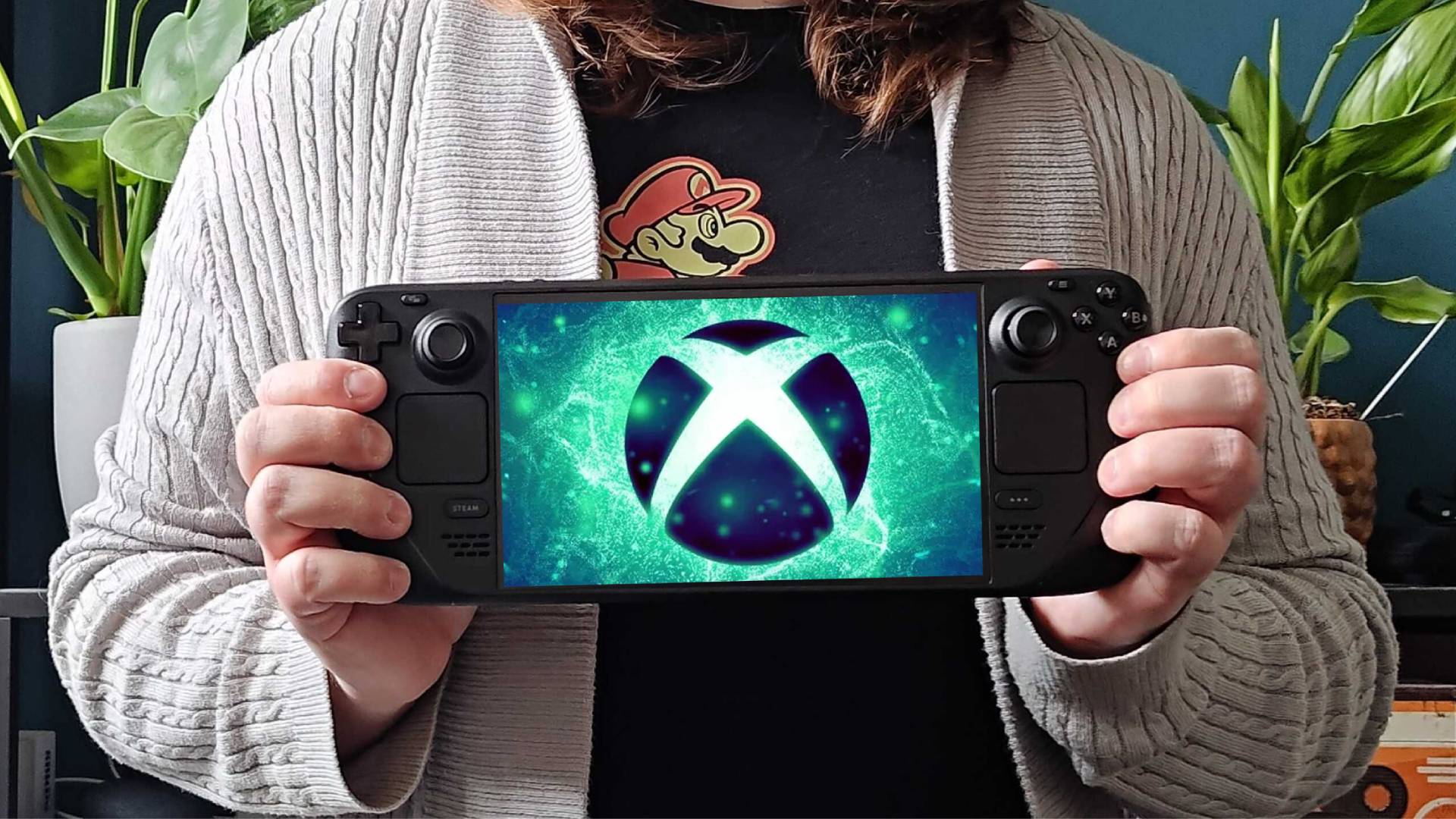
I’ve saved this till last, and it’s one we’ve all been screaming about for probably over a decade. It feels like we recently came so close to finally getting an Xbox handheld during Summer Games Fest only to have our desires shattered by Phil Spencer, but I’m still holding out for some sort of answer to the Steam Deck.
I’m still conflicted over whether the Xbox handheld should be a miniaturized Series S or a fully-fledged Windows 11 system, as I can think of cons for both. The latter is also dependant on Microsoft finally optimizing its operating system for portable play – something that will end up benefiting the very devices its competing against. If we’re being honest, that scenario is more likely to lead to the Asus ROG Ally and Lenovo Legion Go suddenly becoming “Xbox handhelds” instead.
Going down the compact Series S route feels like it’s more likely to result in a proper Xbox handheld, one that can make full use of the platform. That could mean tailoring screen specs specifically to the 1440p console’s capabilities, including an Expansion Card slot for easy storage upgrades, and of course, throwing the company’s wireless gamepad controls into the mix. If we can manage to get something that looks and feels just like an Xbox console when you switch it on, Game Pass access and all, then we’ll have something that’ll entice fans and new players alike.
Keep in mind that if the rumors are true, Playstation might be about to properly re-enter the handheld scene with a so-called Vita 2 device. That might explain why Microsoft is keeping any portable console plans close to its chest for now, and it could ultimately be the deciding factor over whether we get an on-the-go Series S, an Xbox-flavored handheld PC, or another silly cloud streaming device.
Already got Valve’s portable? Swing by the best Steam Deck accessories and best Steam Deck dock. Alternatively, check out the best gaming laptop for powerhouse rigs.







